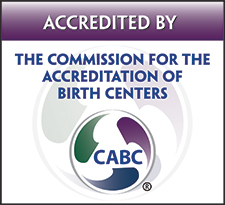The female body is the subject of a whole host of myths that I could go on about for days, but for today, let’s focus on well-woman care. For as many health care providers that have not changed their policies and routines as evidence-based recommendations are published, there’s an equal amount of women who are quite sure what components of well-woman care are necessary, routine, or optional…or something they should have a lengthy discussion with their provider about.
Today, the five myths about well-woman care:
1. You need a pap smear every year.
Although pap smears were once done yearly, more recent evidence suggests that, depending on your age and pap history, a pap may only be needed every 3-5 years.
2. The stirrups are a once-a-year requirement too.
FALSE! Although it’s recommended you see a doctor or midwife every year for a well-woman exam to discuss contraception, sexual health, and concerns you may have, as well as perform tests such as routine blood work, a pelvic exam is not a necessary component of your gynecology visit. And FURTHERMORE, even if a pelvic exam is warranted, stirrups are rarely a requirement.
3. If you have your period, reschedule your appointment.
We help humans come out of vaginas. A little menstrual blood is no biggie.
4. I don’t have any concerns about my uterus, ovaries, vagina, vulva, or breasts, so I don’t need a well-woman exam.
A well-woman exam is exactly that…a visit to keep you well! Visits with a midwife for well-woman care include much more than a physical exam. Conversations about nutrition and exercise, sleep, mood, sexual health, contraception, and more are all a routine part of well-woman care.
5. I don’t have a family history of breast cancer, so I don’t need to worry about scheduling a mammogram.
90% of women who developed breast cancer have no family history, and waiting for symptoms to appear to schedule a mammogram may mean it’s too late. Women should definitely begin having mammograms at age 50, and some women may desire to start even sooner, around age 40.
Fika Midwifery provides at-home, empowering well-woman care to the Buffalo and surrounding Western New York area.




